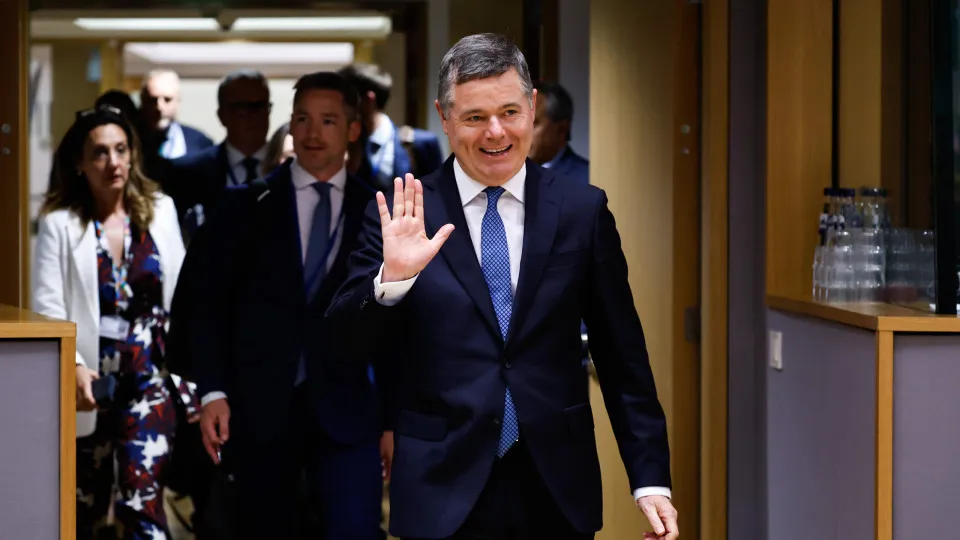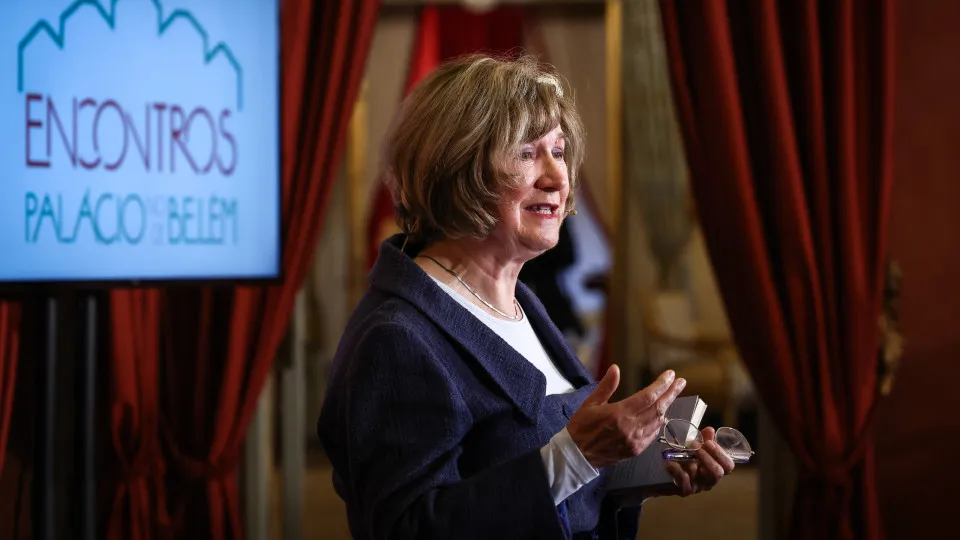
In a meeting held in Copenhagen due to the Danish presidency of the EU Council, Paschal Donohoe emphasized the growing urgency of the digital euro project.
“We have been undertaking substantial work in the first half of this year, which we aim to conclude today regarding how the digital euro would be launched and how decisions concerning holding limits will be made,” he stated.
The Eurogroup president expressed hope for “a broad consensus” that would allow the Danish presidency to “continue with its legislative work on this matter” during this semester.
European sources indicate that no significant advancements are expected in a dossier that has been under discussion for several years.
Paschal Donohoe is also set to present his work program for the coming months, focusing on the competitiveness of the eurozone and maintaining fiscal stability within it.
The Eurogroup meeting precedes an informal gathering (also without decisions) of EU Finance Ministers. This broader format meeting will address enhancing the economic competitiveness of the community bloc amid criticisms of European inertia, particularly by simplifying community legislation.
The digital euro aims to compete with online payment services like PayPal or Apple Pay from the United States or Alipay from China.
By 2027, it is anticipated that these retail payment technological platforms, primarily from the United States and China, will account for 40% of e-commerce and 27% of in-store payments in Europe.
Currently, the European Central Bank (ECB) is preparing for the creation of this digital euro.
Following the project’s pilot launch in 2021, the central bank has been developing methodologies and limitations, crafting a manual, and finalizing technical aspects.
By the end of 2025, the ECB Council is expected to decide on advancing to the next phase of the project.
This involves a legislative package disclosed by the European Commission in June 2023 to progress within the EU with this new availability while safeguarding the use of cash euros.
As part of this package, the institution proposed a digital euro that, like cash, would be available similarly to cards or apps, functioning as a digital wallet through which citizens and businesses could pay anytime and anywhere in the eurozone.
Banks and other payment service providers across the EU are expected to distribute the digital euro at no cost in its basic version, and merchants throughout the euro area are expected to accept payments with the digital euro, except for very small ones due to infrastructure costs.
Like cash, the digital euro would be under the ECB’s responsibility, which would decide if and when to issue this virtual version of the single currency.
A digital currency is an asset similar to money exchanged or stored through online systems, managed by the central bank.




